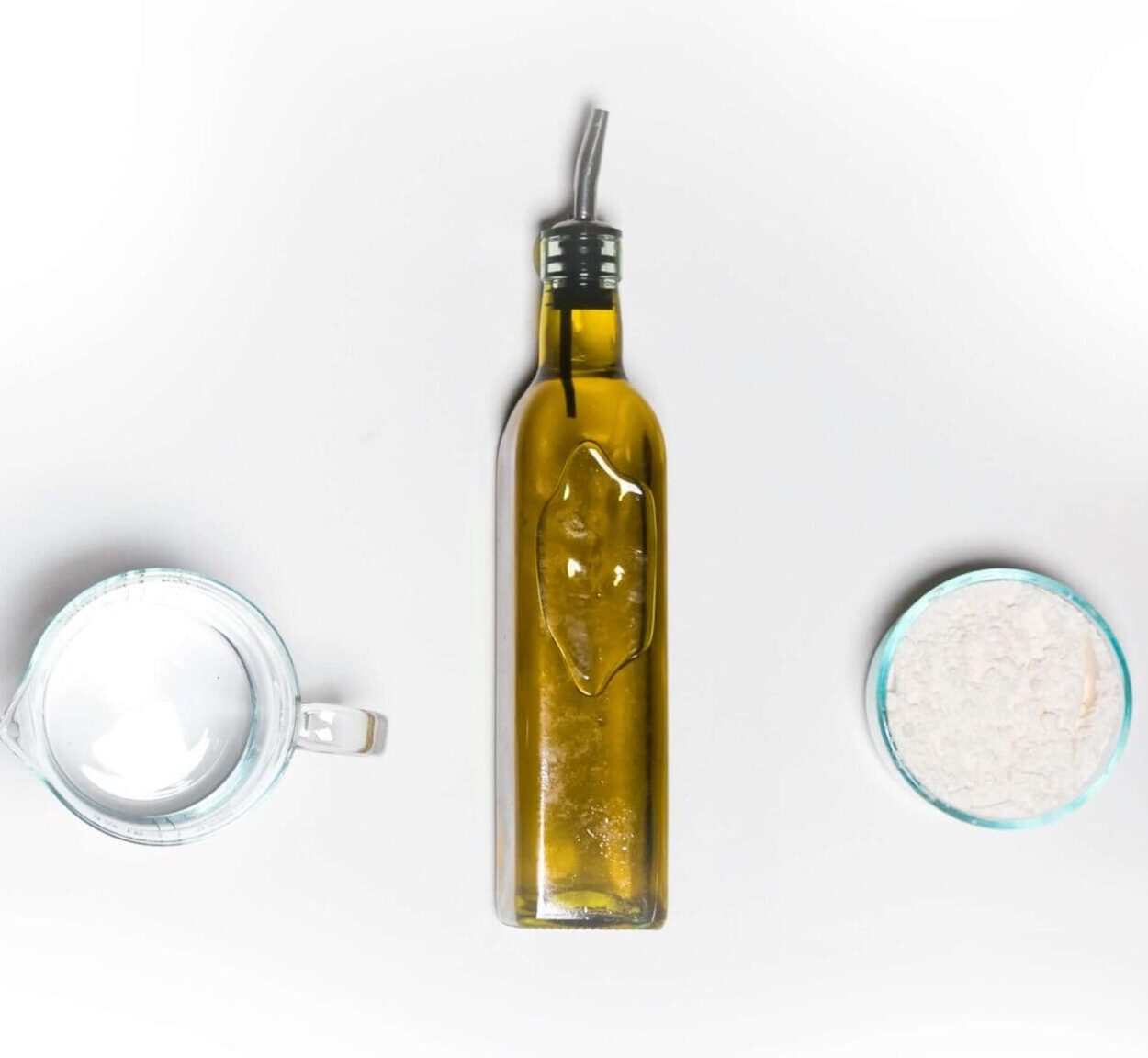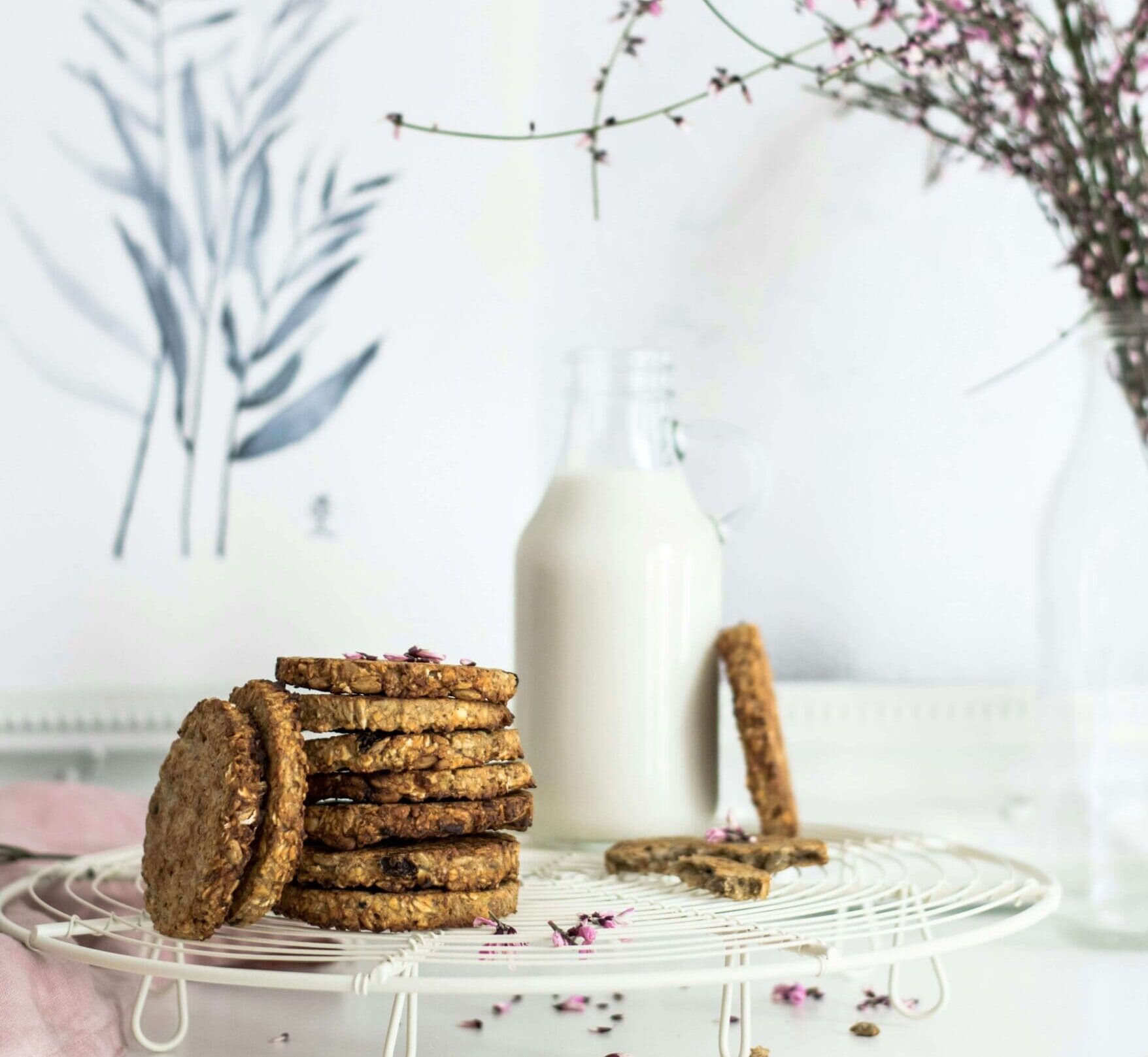
Hello friend!
If you are anything like me, you love to begin or end your day with a hot beverage. And that’s a good thing! Enjoying drinks like tea and coffee can reap several benefits when it comes to overall health and living out a cancer prevention lifestyle.
Coffee and Cancer
Background
Coffee is somewhat complex. Back in 1991, it was actually listed on the World Health Organization’s potential carcinogen list. By 2016, it was removed from the list since researchers found that drinking coffee, surprisingly, decreased risk. It was added to the California Proposition 65 list since the roasting process produces small amounts of acrylamide, a substance which increases cancer risk in animals exposed to large amounts. Several experts advise consumers not to stress out about items on this list because it does not take into consideration the amount of a chemical present in an item or the amount required to actually have adverse effects.
Coffee May Reduce Cancer Risk
According to The American Cancer Society, coffee may reduce the risk of head and neck cancers, colorectal cancer, endometrial, liver, and breast cancer! This is likely related to its nutrient profile. There are over 100 bioactive compounds in coffee, such as polyphenols, flavonoids, and lignans. These help to reduce cellular damage, inflammation, and regulate genes that play a role in DNA repair. The caffeine present in coffee may also increase the rate that waste moves through the digestive tract, reducing exposure to carcinogens!
Other Benefits of Coffee

1. Reduces Brain Fog
Caffeine works by binding to receptors called adenosine receptors. These receptors bind adenosine, a chemical in the human body that is located in the neural membrane (nerves). When adenosine binds to the receptor, it makes us feel sleepy and tired because it slows down neural activity. However, when we drink coffee, the caffeine binds to the adenosine-receptor, BLOCKING this site so that adenosine cannot attach and cause us to feel sleepy!
2. Lowers Type II Diabetes Risk
There is evidence to suggest that long term use of coffee can help to decrease the risk of developing type 2 diabetes. However, for some people with type 2 diabetes, coffee can actually cause blood sugar spikes and crashes. If you are concerned about managing your blood glucose, consider enjoying your coffee after a balanced meal with fiber, protein, complex carbs, and healthy fats.
3. Lowers Risk of Heart Disease
Although excessive amounts of coffee can increase heart rate and blood pressure, moderate amounts have been associated with a decreased risk for arrhythmias and adverse cardiac events.
4. Weight Management
Coffee alone provides negligible calories. Even if you were to add a small amount of sugar and milk, you would still have a lower calorie drink on your hands.
- 2 tsp of sugar: 32 calories
- 2 tbsp of milk: 13 calories
- Total: 45 calories
Compare that to a specialty coke or Frappuccino which would provide far more sugar and total calories.
Since most Americans get their added sugars from drinks, switching to lower sugar beverages every now and then can help to reduce total sugar and calorie intake.
Pssst! Not ready for a super simple cup of coffee? No worries! You can enjoy your favorite drink and gradually cut back on the added sugar by asking your barista for “half sweetness”.
Coffee Recommendations

Amount
According to the FDA, one should limit their caffeine intake to no more than 400 mg per day! Just for reference, that’s about 4-5 cups – depending on your cup size! Remember that everyone is different and caffeine sensitivities vary based on the person. Some people can drink coffee and feel fine, but for others, it can cause shakiness and increased anxiety.
Choosing Coffee Roast
When a coffee bean is roasted, it will lose a lot of its mass – up to 90% of the water content is lost. The longer the bean is roasted, the darker it becomes, the lighter in WEIGHT it becomes due to the water loss, and the larger in SIZE it becomes. As a bean is roasted and loses water, its caffeine content per oz. or lb. increases, but its caffeine content by volume goes down. Lighter roasts have slightly higher caffeine content but a milder taste; darker roasts have slightly less caffeine but a stronger taste, and medium roasts are in the middle! At the end of the day, the difference in caffeine content is not significant, so pick the roast you prefer and choose your coffee based on your preference and budget!
FUN FACT: Coffee contains a natural pesticide – CAFFEINE. The strong smell deters insects from feeding off the plant and can even kill them.
Tea and Cancer

Coffee’s not your thing? Good news! Tea may also provide some benefits when it comes to cancer risk and overall health. Although there is not enough evidence to suggest a direct link between tea and cancer risk, there are several compounds found in many teas which may have health benefits. Common compounds include:
- Flavonols & Flavan-3-ols – antioxidant, anti-inflammatory phytochemicals
- L-theanine – an amino acid which increases calm feelings without inducing drowsiness
- Manganese – plays a role in energy metabolism and protecting cells from damage
- Caffeine – Black tea has only a third to half the caffeine of coffee. Green tea has even less, and decaf teas have only a trace. Although decaffeinated tea loses at least half of its polyphenol compounds, that still leaves plenty, so choose what’s best for you.
More About Tea
There are also teas that include turmeric and ginger, foods that have an antioxidant and anti-inflammatory effect in the body.
Similar to coffee, tea can also be enjoyed as a low calorie beverage, and it can be used as a calming coping mechanism used to replace alcohol at the end of a stressful day.
There are so many different types of teas! Make sure you let your doctor know what tea you are drinking since different herbs and teas can interfere with medications!
FUN FACT: Did you know that black tea, green tea, and oolong are all from the same plant? Different processing techniques result in different flavors and appearances!
Wrap-Up
In closing, both have benefits! So whether you are a coffee connoisseur or more of a tea drinker, there are positives to either beverage! Both can count towards your hydration goals, and both are full of antioxidants! So sit back, and drink up! What is your favorite? Let me know in the comments below!
Are you exhausted with navigating all the dos and don’ts when it comes to cancer and lifestyle/nutrition? If you listen to all the advice out there, you will end up unable to eat/do anything. This doesn’t have to be you anymore. You can feel empowered with your food choices again and fuel without fear. Inside my Cancer Simplified Membership, I provide you with bite sized videos and access to me so you can say “good-bye” to the overwhelm around all-things cancer nutrition. This program is the most accessible, affordable way to get my guidance on cancer nutrition and lifestyle. No workbooks, calls, or confusing scientific studies. Just easy advice at your own pace. Click here to join!
This blog is not intended as medical nutrition therapy, medical advice, or diagnosis and should in no way replace consultation or recommendations from your medical professional.



